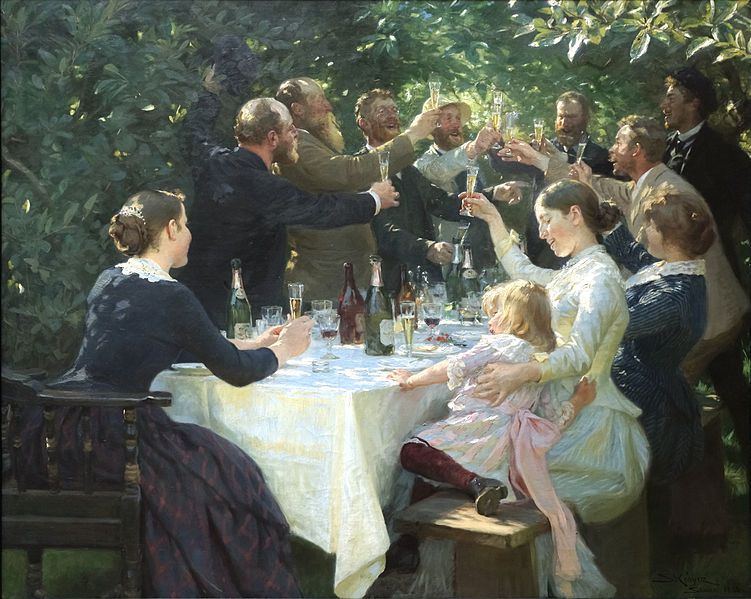Denmark has the best work/life balance in Europe, according to a TotallyMoney survey.
The survey looked at how much leisure time a typical worker has, factoring in other elements such as happiness, the cost of living compared to salary, and holiday allowance.
Sweeter than Sweden
Denmark had a relatively short working week, the survey found, along with plenty of bank holidays and a good holiday allowance.
Compared to neighbours Sweden, the second ranked country, its average working week was 3.5 hours shorter, but with just 11, it had three fewer bank holidays.
Denmark didn’t have the shortest working week, trailing the Netherlands (third overall), which averages 30.3 hours. However, the Dutch had the second fewest number of bank holidays.
Despite the siesta
France and Spain, fifth and sixth, had the most leisure time of the countries in the top ten – at 9.3 hours each – and the Spanish, perhaps surprisingly considering the siesta, spent the least time in bed: 6.6 hours compared to a mode average of 7.2.
Slovakia, with 15, had the most bank holidays, followed by Sweden (14), and then Austria, Finland, the Czech Republic, Slovenia, Hungary, Poland and Iceland (all 13).
Completing the top five overall were Finland and France, while other notables among the 24 countries surveyed were Germany (8), Ireland (11), Iceland (12), the UK (13), Italy (14), Greece (22) and Turkey (24).















